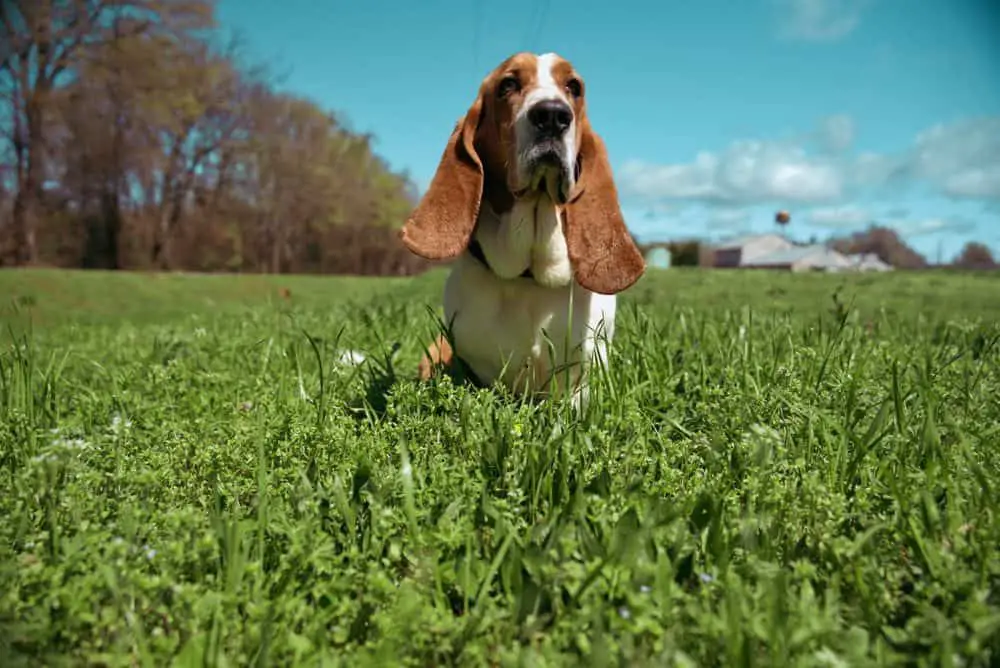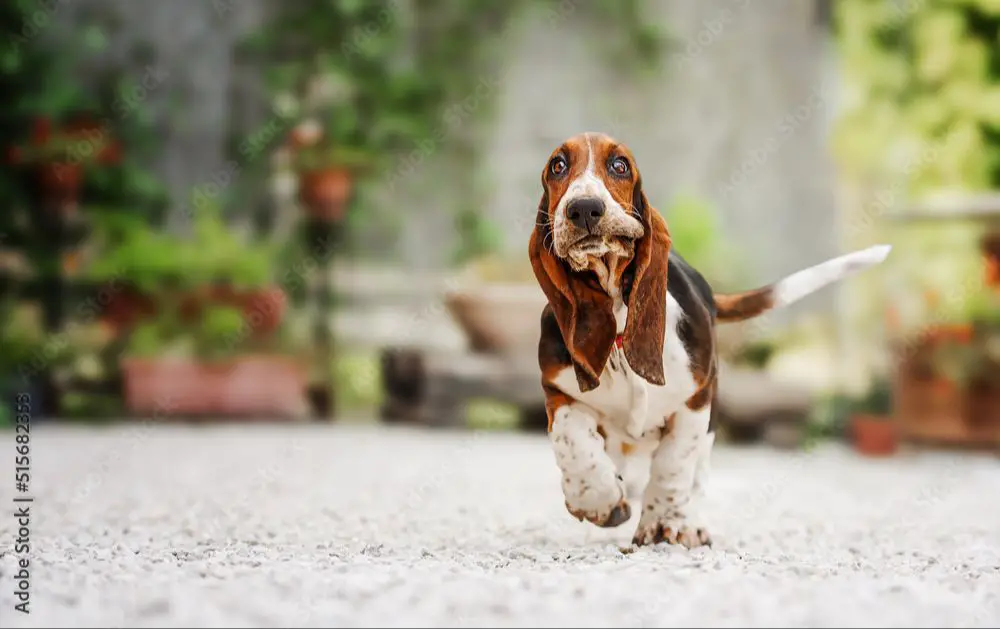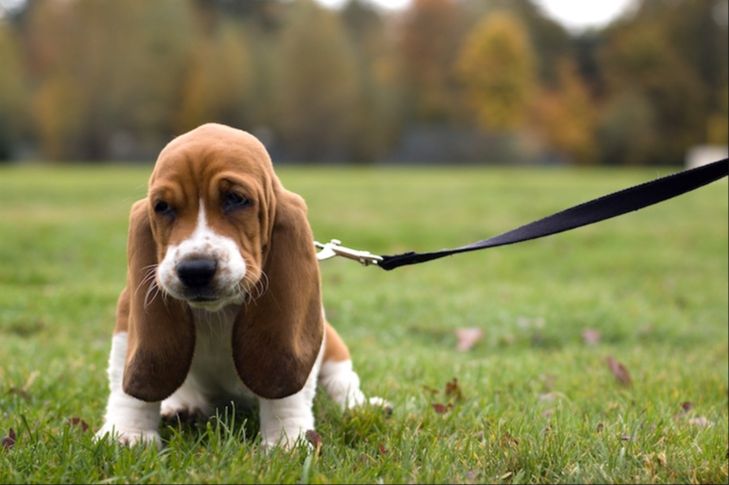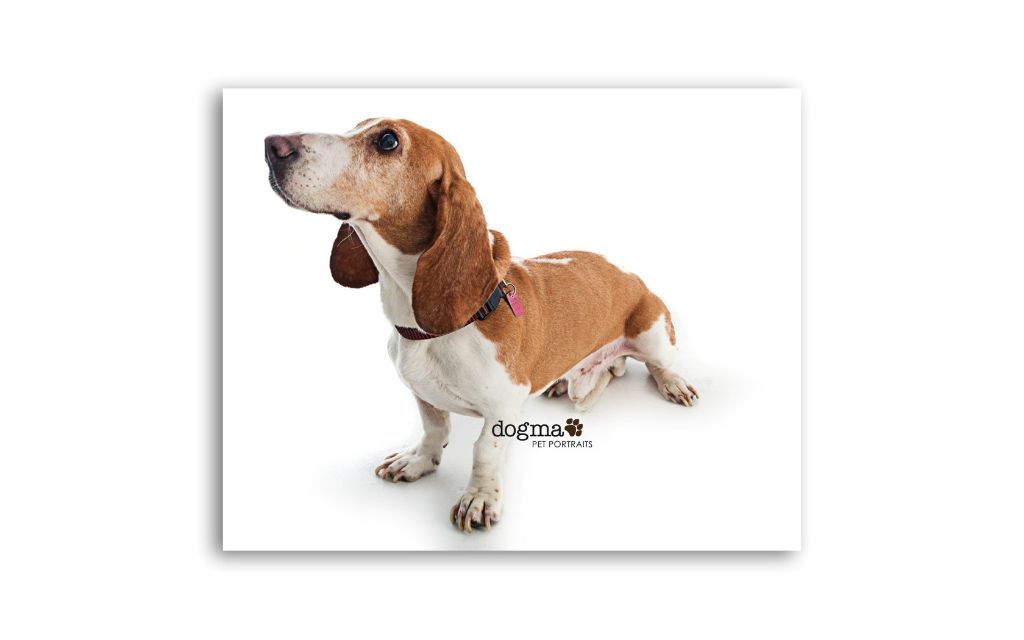Introducing the Basset Hound
The Basset Hound is a short-legged breed of dog in the hound family. With their droopy eyes, long ears, and charming personalities, Basset Hounds make for loyal companions and beloved pets. Though they move slowly, they possess keen noses and a strong hunting instinct.
The origins of the Basset Hound date back centuries. References to short-legged hunting dogs exist in texts as early as Ancient Greece. However, the modern Basset Hound breed emerged in France between the 16th and 19th centuries. Selective breeding refined the Basset Hound into the dog we know today – one with an excellent sense of smell suited for tracking small game such as rabbits. French monks may have helped establish breeding kennels to perpetuate the breed.
By the late 1800s, Basset Hounds grew popular in England. British breeders continued developing the breed by crossing it with Bloodhounds. This lent the Basset a heavier bone structure and the loose skin for which they are now known. Queen Alexandra, wife of King Edward VII, owned a Basset Hound which helped increase the breed’s prominence. Today, Basset Hounds rank in the top 50 most popular breeds in the United States. Their gentle, playful nature makes them beloved companion dogs in many households.
Sources:

https://en.wikipedia.org/wiki/Basset_Hound
Physical Characteristics
Basset Hounds are easily recognized by their short, stocky legs, long back, and droopy eyes. Their bodies are longer than tall and their gait is distinctive with the front legs protruding beyond the hind legs1. Basset Hounds typically stand between 12 and 15 inches tall at the shoulder but can weigh 50 to 65 pounds as adults. Their heads are large and dome shaped with long velvety ears that droop. Their necks may be short but are powerful. The extra skin on their droopy eyes and long ears is prone to collecting dirt and needs to be cleaned regularly2.
Temperament
The Basset Hound has a friendly, patient, and loyal temperament that makes them wonderful family companions. They form strong bonds with their owners and aim to please. Bassets get along well with children, other dogs, and even cats if properly socialized from a young age. Despite their stubborn nature, they respond well to firm yet gentle training with positive reinforcement techniques. Their calm demeanor and low activity levels make them adaptable to most home environments. Bassets can be vocal and bay loudly when excited, but are not excessively barky dogs overall. They may be more reserved with strangers but shouldn’t show any aggression. With proper exercise and stimulation, the good-natured Basset aims only to be close to their loved ones. Their devotion and easy-going attitude have earned them a reputation as an exceptionally pleasant family dog.
The Basset Hop

One of the most endearing traits of the Basset Hound is their ability to hop like a rabbit. Despite their short legs and long, heavy bodies, Bassets are surprisingly athletic and capable of springing into the air to jump or hop. This unique gait comes from the breed’s history as a scent hound originally bred for hunting small game like rabbits.
To see a Basset Hound hopping is quite a sight, since their body proportions seem unfit for such a maneuver. Yet Bassets can kick their hind legs and tuck their forelegs while airborne to execute a rabbit-like hop or stride. Owners describe it as entertaining, comical, or adorable when their Basset uses their powerful hindquarters to hop and scamper around. Some Bassets even delight in hopping on their owner’s laps.
While entertaining, owners should limit how often their Basset Hounds hop, as it can stress their back and legs. Due to their long spines and short legs, too much hopping and jumping can lead to back injuries or joint problems. Providing ramps and steps can allow Bassets to minimize jumping on and off furniture. Supervising outdoor time and providing fenced areas prevents excessive activity that includes hopping and jumping. With care, owners can enjoy their Basset’s occasional rabbit-like hops while keeping their pets safe and healthy.
Health Considerations
Basset Hounds are prone to certain health issues that potential owners should be aware of. According to the Basset Hound Club of America, the breed has a higher incidence of dermatitis, otitis externa (ear infections), ectropion, entropion, glaucoma, gastric torsion, elbow dysplasia, and canine hip dysplasia (CHD) than other breeds.
One of the most common health issues Bassets face is obesity and weight gain. According to the American Kennel Club, “Keeping a Basset at an appropriate weight is one of the easiest ways to extend his life.” Their tendency to be overweight is due to their love of food, lack of exercise, and genetic predisposition. Owners need to watch their calorie consumption and make sure they get daily walks and play time.
Basset Hounds also commonly suffer from back problems due to their unique body structure. As PetMD states, “Their shorter legs, heavy bones, and long back make them prone to back injuries.” Owners should avoid letting them jump on and off furniture and use pet ramps whenever possible. Regular exercise appropriate for their structure is also key to back health.
Grooming Needs
Despite their short, smooth coat, Basset Hounds require regular brushing and grooming. Their coat sheds moderately throughout the year and more heavily during shedding seasons. Weekly brushing with a rubber brush or hound mitt can help remove loose hair and distribute skin oils.[1] This regular brushing can help control shedding and prevent mats or tangles from forming.
Bassets only need periodic bathing a few times a year or when dirty. Use a mild shampoo made for dogs and avoid getting water in their ears. Thoroughly dry their skin folds after bathing to prevent moisture buildup and infections. Trim their nails every couple weeks or as needed if they don’t wear down naturally. Also regularly check and clean their droopy ears for signs of infection or debris buildup.
Ideal Home Setting
The Basset Hound is well-suited to living in an apartment thanks to their low activity needs. However, they do need at least one daily walk of 20-30 minutes to satisfy their exercise requirements (Source). Despite their short legs, Basset Hounds have a surprising amount of stamina and enjoy going for walks and exploring new smells.
Since Basset Hounds were bred as pack dogs, they do best when there is company around throughout the day. If left alone for extended periods of time, they can become destructive or prone to separation anxiety. While apartment living can work well for the breed, Basset Hound owners need to make sure their dog gets enough mental stimulation, physical activity, and companionship each day.
Training Tips
Basset hounds are responsive to training, but their stubborn nature can make the process challenging at times. Consistency and positive reinforcement are key when training a basset.1 They respond best to treats, praise, and affection as rewards for good behavior. Start training early and keep training sessions short to maintain their interest. Practice basic commands like “sit,” “stay,” and “come” daily.
Housetraining requires diligence with this breed. Take them out frequently and praise/reward when they relieve themselves outside. Crate training can help with housetraining and preventing destructive behaviors when left alone.2 Basset hounds tend to be motivated by scent, so use it to your advantage when training. For example, put treats under cups and have them find the treat by scent.

Leash training is also important, as bassets like to follow their nose. Use treats to keep their focus on walks. And be patient – their slower pace can make leash training a challenge.
Finding a Breeder
When looking for a Basset Hound puppy, it’s important to find a responsible, ethical breeder. Reputable breeders focus on breeding healthy dogs with good temperaments and breed attributes. Here are some tips for finding a quality Basset Hound breeder:
Look for breeders registered with the Basset Hound Club of America (BHCA), which maintains a nationwide Breeder Directory. BHCA members must follow the club’s code of ethics.
Search breeder listings on the AKC Marketplace website, focusing on those with AKC registered Basset Hounds. This indicates dedication to the breed standard (AKC Marketplace).
Avoid pet stores or brokers selling puppies. Reputable breeders do not supply puppies to third parties.
Visit the breeder’s facilities to view the puppy’s parents and environment. This shows their commitment to proper breeding, health, and care.
Ask about genetic health testing on the puppy’s parents to screen for issues like glaucoma or thyroid disease.
Ensure the breeder provides vaccination records, documents proving AKC registration, and a health guarantee.
Look for signs of responsible breeding like a small number of litters per year and well-socialized puppies.
A quality breeder will have references and show a genuine interest in pairing you with the right puppy.
Be prepared to sign a contract covering matters like spay/neuter, health guarantees, and return policies.
Adopting a Basset Hound
Adopting a Basset Hound from a rescue or shelter comes with many benefits. Adopted dogs are typically house-trained, screened for health and behavior issues, and altered. Adoption fees typically cover initial vetting costs so adopters can focus on providing a loving home. There are Basset-specific rescues across the country focused on rehoming this vulnerable breed.
Basset Hound rescues like Guardian Angel Basset Rescue and Sun Coast Basset Rescue work directly with shelters and owners to rescue Bassets, provide vetting and grooming, and find qualified adopters. Their adoption process involves an application, home visit, and adoption contract ensuring a lifetime commitment to the Basset. These rescues are excellent resources to find an adoptable Basset Hound.
Petfinder, Adoptapet, and local shelter websites also have adoptable Basset Hounds. Meeting the dog and discussing its history with shelter staff provides key insights into whether the match will be a lifelong success. Be sure to have realistic expectations about adopting an adult or senior Basset regarding health and behavioral issues. With patience and love, adopting can be extremely rewarding.

